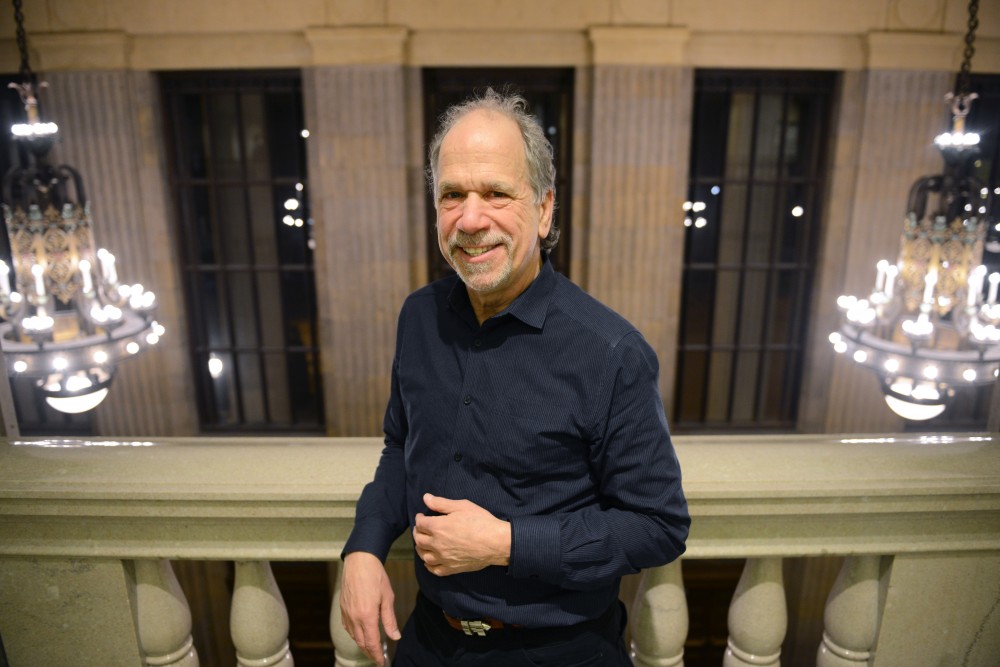Albert Walla estimates that he’s seen over 2,000 theater performances in the last 30 years.
But as a deaf person, Walla faces his own set of challenges when attending theater shows.
When the 64-year-old saw his first interpreted show in 1975 — a performance of “A Chorus Line” on Broadway — he was hooked.
“It’s in my blood to love theater,” Walla said. “Interpreting opened the doors.”
For Walla, going to “Phantom of the Opera” or “Mamma Mia!” seven or eight times is the same as re-seeing a favorite band live, or replaying an old movie. “It’s different and great every time,” Walla said.
Accessibility in theater can take many forms. Alongside American Sign Language interpretation, audio description and captioning are just a few of the services available to patrons.
From the Orpheum and Mixed Blood Theatre in Minneapolis to St. Paul’s History and Park Square Theaters, there are many local accessible theater options for those who need them.
Walla’s favorite — the Guthrie Theater in downtown Minneapolis — offers multiple scheduled, interpreted shows and tries to accommodate individual requests as well.
Hunter Gullickson, the Guthrie’s accessibility manager, said these services have been a part of the theater’s mission since they were first offered in the ’70s and ’80s.
“It’s important that anybody has the ability to come and experience something, whether they want to be entertained or challenged. That’s kind of why we do it and have such an emphasis on it,” Gullickson said.
“Accessible programming is another way to add diversity. It allows us to reach these audiences and get them to engage with the Guthrie in a meaningful way.”
However, the accessible environment of the Twin Cities hasn’t been adopted in other parts of the country. Walla has flown all across the United States for performances, and many times interpreted shows are only shown in the middle of the week — days when many people have to work.
“In New York, Chicago or San Francisco, there’s only ever one interpreted show. And it’s usually on a Wednesday,” Walla said.
He thinks theaters sometimes do the bare minimum when it comes to access, deterring some theater-lovers from the already-small community.
Despite today’s culture, some shows still aren’t accessible at all. The award-winning Broadway musical “Hamilton” does not have a single interpreted show available.
“How can a show all about diversity not be accessible to all people?” Walla said.
He’s not the only one upset by the lack of access. In one case, a blind Denver patron is filing a lawsuit against the production after they would not provide accommodations, claiming a violation of federal disability laws.
When it comes to accessibility and working for all people, Walla has one request for “Hamilton” and the theater community as a whole.
“Practice what you preach,” he said.














